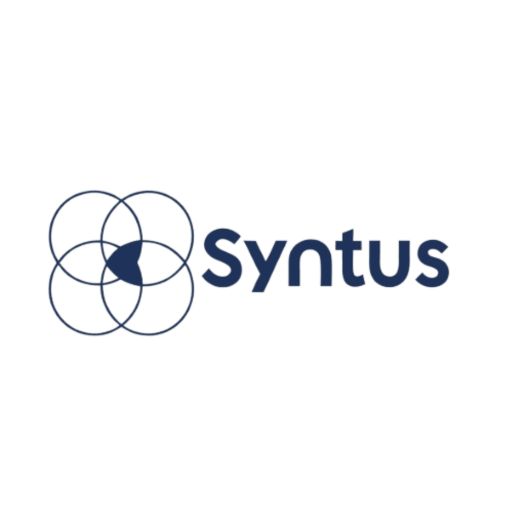IELTS Band 9 – Reading Comprehension (10 MCQs)
Reading Passage (IELTS Band 9)
A cross-university consortium launched a writing reform after faculty articulated a compelling rationale. The team hypothesized that a coherent, comprehensive methodology—bridging theoretical models with practices tested empirically—would help students conceptualize complex claims and participate in academic discourse with precise control. Framed as a paradigmatic intervention rather than a publicity exercise, the project stated its goals explicitly while examining implicit assumptions through public seminars so that standards could conform to disciplinary norms without becoming a substitute for judgement.
To implement the plan, researchers designed a data-collection protocol to integrate diverse indicators—draft frequency, rubric scores, and advising logs—and correlate them with semester outcomes. Advisors would evaluate progress using objective criteria, then modify feedback when motivation fluctuated. A preliminary analysis showed significantly clearer argument structure among students who revised consistently; nonetheless, the team warned that dashboards can manipulate attention toward what is easiest to count, thereby risking narrow instruction that fails to facilitate transfer.
A year-long longitudinal review will validate early trends more rigorously. Selected cohorts will undergo interviews so analysts can synthesize numbers with classroom narratives and specify which supports actually enhance learning rather than simulate progress. Findings suggest that gains are inherent to routines that help learners persist, accumulate exemplars, and differentiate register choices; even so, effort remains a dynamic phenomenon, and capacity limits make progress uneven across weeks.
By the final meeting, the committee’s inference was measured but optimistic: evidence can substantiate expansion if the model continues to maximize support for at-risk writers and to transform outcomes without disproportionate cost. The group will undertake phased scaling, specify clearer thresholds, and advocate workshops that help students articulate ideas more precisely—all within a framework that remains comprehensive yet adaptable to contemporary needs.
